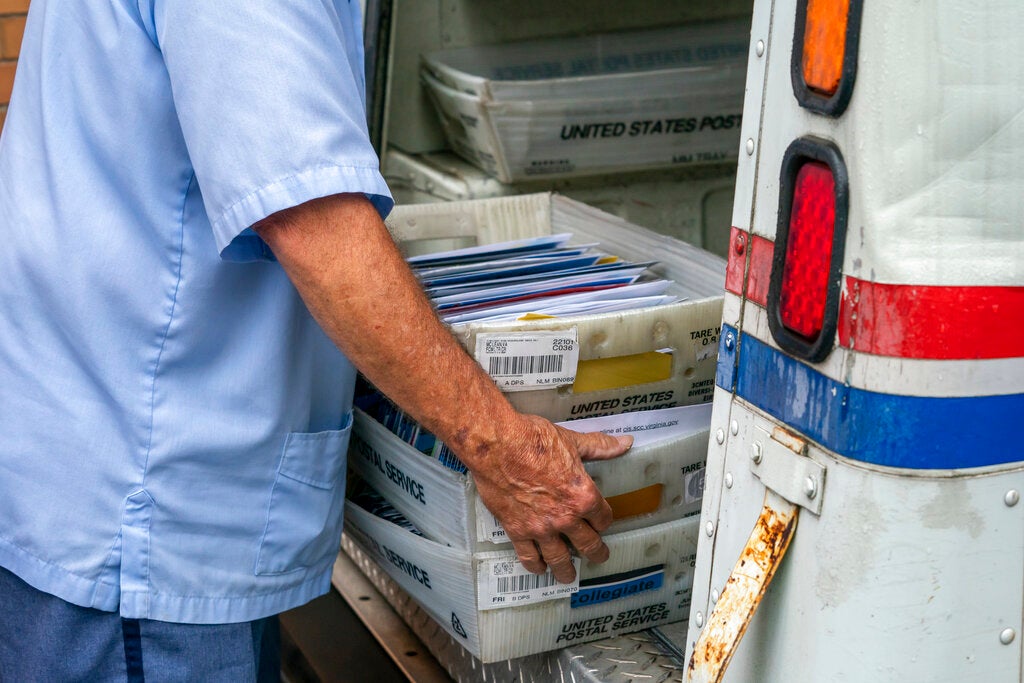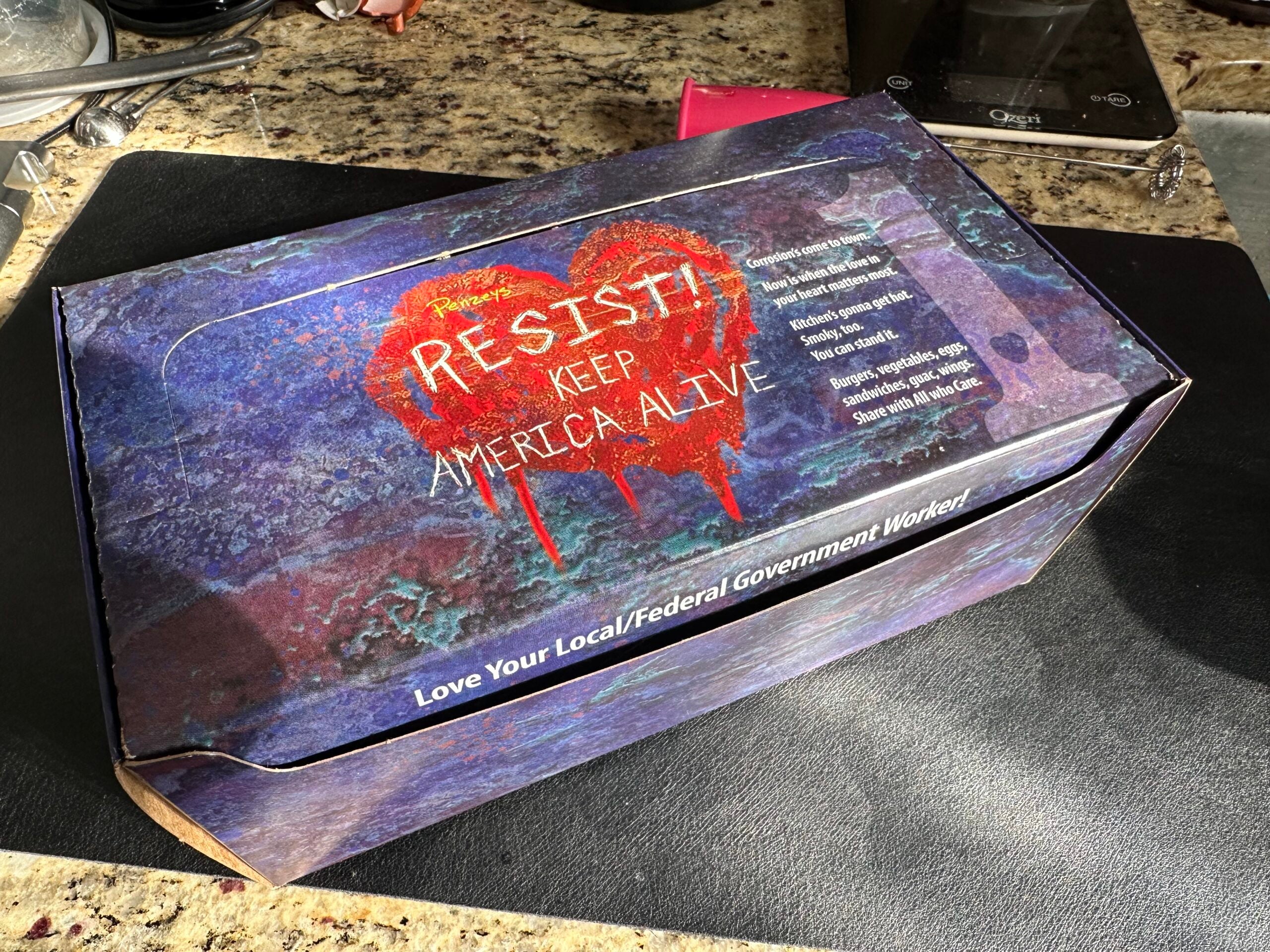You are pre-approved for this new credit card. You should take advantage of this auto parts deal. And don’t forget: Subscribe to this catalog.
As these types of messages inundate mailboxes across the country, a listener of Wisconsin Public Radio’s “The Morning Show” recently asked whether junk mail can be stopped.
Michelle Reinen, a top official at the state’s consumer protection agency, joined the program to explain why people receive junk mail and what they can do about it.
Stay informed on the latest news
Sign up for WPR’s email newsletter.
How do companies get your information?
There are a lot of mailing lists out there. Reinen said some companies work with firms such as the Direct Marketing Association, a national group that gathers publicly available data. Others use listings of only addresses and leave mail addressed to someone generic, like “resident.”
“Companies still find it very valuable and useful to do direct marketing,” she said.
Companies do more than collect address data for their own marketing. Some sell it. That’s one way sharing your address at one store could eventually lead to getting unsolicited advertisements from a different business, Reinen said.
“That’s how it continues to pass forward,” she said.
How can you stop getting junk mail?
Personal information can spread far, and that can make it that much more challenging to stop.
Reinen said the Direct Marketing Association allows people to remove their names from the association’s mailing list. That means the information isn’t sold anymore. But the companies that already have the data could still use it and sell it further themselves.
“You have to go individually to those companies and ask to be removed from those mailing lists,” she said.
When it comes to pre-approved credit cards or other financial offers, Reinen encouraged people to contact their bank directly to see if the bank is sharing information with vendors. These financial institutions are required to notify customers of their rights to stop sharing personal information, but Reinen said privacy policies are detailed and customers don’t always read them.
Removing your name from direct marketing lists can be only temporary, too. Reinen said groups, including the Direct Marketing Association, may remove names and addresses for only a limited number of years.
“It’s not forever,” she said. “It’s something you need to continue to stay on top of and renew. But when you minimize your sharing of information and change your habits about filling out sweepstakes forms, surveys or warranty cards, you’ll be minimizing the information you share for those companies to pass it on and then continue to pass it on in that waterfall effect.”
She also advised, if people are given the option when signing up for services, to check the box that excludes their personal information from being part of any list the company may share with other vendors.
How can you get rid of the junk mail you received?
More than 37 billion pieces of unopened mail show up in landfills each year, according to Paper Karma, which offers advice on recycling mail.
Junk mail makes up about 2.4 percent of all landfill waste and 20 percent of all paper and cardboard in landfills.
To protect sensitive information, Reinen said it’s important to shred forms with account numbers, such as pre-approved credit cards or catalogs. Reinen said she tears off the mailing label to be safe, as well.
“It is worth shredding anything that does contain your personal information on it,” she said.
For more information on opting out of direct marketing lists, Reinen said consumers can call the state’s Consumer Protection Hotline at 800-422-7128 or visit the website of the Wisconsin Department of Trade, Agriculture and Consumer Protection.
Wisconsin Public Radio, © Copyright 2025, Board of Regents of the University of Wisconsin System and Wisconsin Educational Communications Board.





